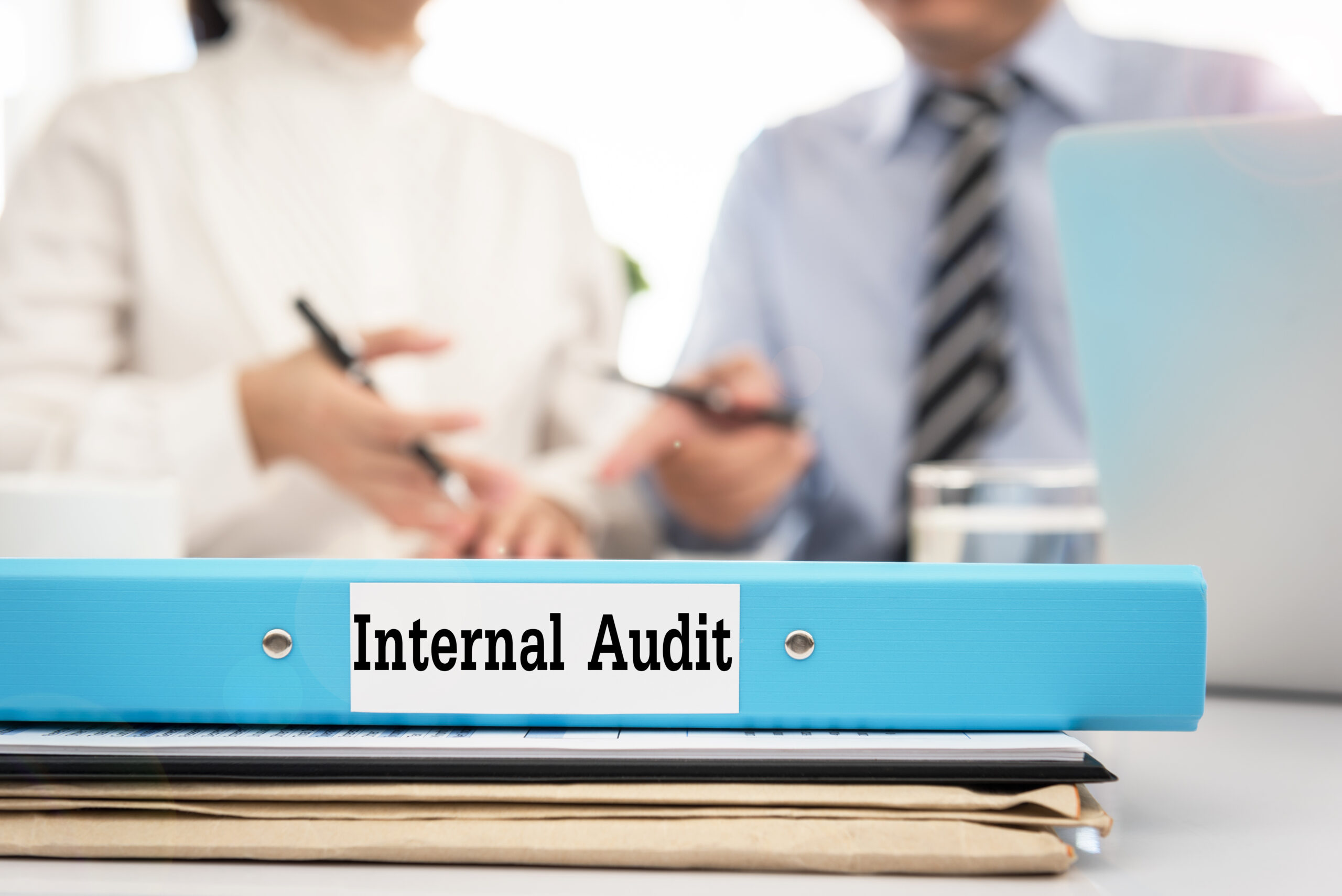Internal audits within the life science industry serve to evaluate a company’s internal controls to ensure compliance with laws and regulations for the safety and efficacy of products or services. Internal audits are performed by qualified individuals who do not have direct responsibility for the area that is being audited. Audits may be an anxiety-inducing word but can become much more inviting through efficient preparation, and results from an audit may even be used as powerful tools to continuously improve on one’s QMS.
The health of your company can be tied back to the health of your QMS. The QMS provides feedback on the effectiveness of your processes and how they are performing. Therefore, you can be sure that a healthy QMS starts with the foundations. The most important points to remember during an internal audit are: 1. Is your QMS compliant with the governing standards/regulations (e.g., 21 CFR Part 820, ISO 13485)? Ensure, at a minimum, that all applicable requirements from the governing laws/standards are addressed within your company’s QMS. This includes, but not limited to, management review, training requirements, design and development, and production and process controls. The second, and just as important, point to remember during an internal audit is to make sure what the scope of the audit is. Which departments will be impacted by the audit? Which portions of the QMS will be audited? Knowing the scope will save time and make preparation more efficient.
Now that you’ve made sure that your QMS is compliant and aligns with the requirements, it’s time to move on to the next step – ensuring compliance of all records within your QMS. This means all documents and records are compliant with the overseeing procedure(s) within your QMS. For example, ensure all CAPA records comply with the CAPA Management Procedure or equivalent. In addition, make sure all records follow GDP (Good Documentation Practices) and ALCOA+ DI (Data Integrity) principles1. As part of the audit readiness, review applicable documents and records and ensure all training is up to date. Make sure your physical space is tidy. Make certain that you and all your employees know where to locate the Quality Policy. Further, reference your company’s audit checklist to ensure all areas are covered and ready to be audited.
The previously mentioned tips are just the tip of the iceberg when it comes to audit preparation. Overall, internal audits are critical for ensuring a healthy and well-functioning QMS. The task of preparing for an audit may seem daunting, but preparation can do wonders to ease any anxiety. If you need help building and maintaining a compliant QMS or implementing an internal audit program for your medical device firm, EMMA International’s team of experts can help! Give us a call at 248-987-4497 or email info@emmainternational.com to see how we can help.
1U.S. Department of Health and Human Services Food and Drug Administration. (2016, April). Data integrity and compliance with CGMP guidance for industry. FDA. Retrieved August 15, 2022, from https://www.fda.gov/files/drugs/published/Data-Integrity-and-Compliance-With-Current-Good-Manufacturing-Practice-Guidance-for-Industry.pdf





